Business Law Report: Anti-Competitive Practices and Monopoly Analysis
VerifiedAdded on 2023/03/31
|10
|519
|121
Report
AI Summary
This report provides an overview of business law, focusing on anti-competitive practices and monopolies within the UK market. It explores key concepts such as anti-competitive agreements, market dominance, and the role of the Competition Commission in regulating these practices. The report examines specific legislation, including the relevant sections of the treaty, and the implications of violating these regulations. The report also includes the analysis of the Tesco and Safeway merger, and the criteria used to assess dominant positions in the common market of the EU. The report concludes with a discussion of exemptions for potentially anti-competitive practices. This assignment is designed to provide students with a comprehensive understanding of the legal framework governing competition and business practices.
1 out of 10
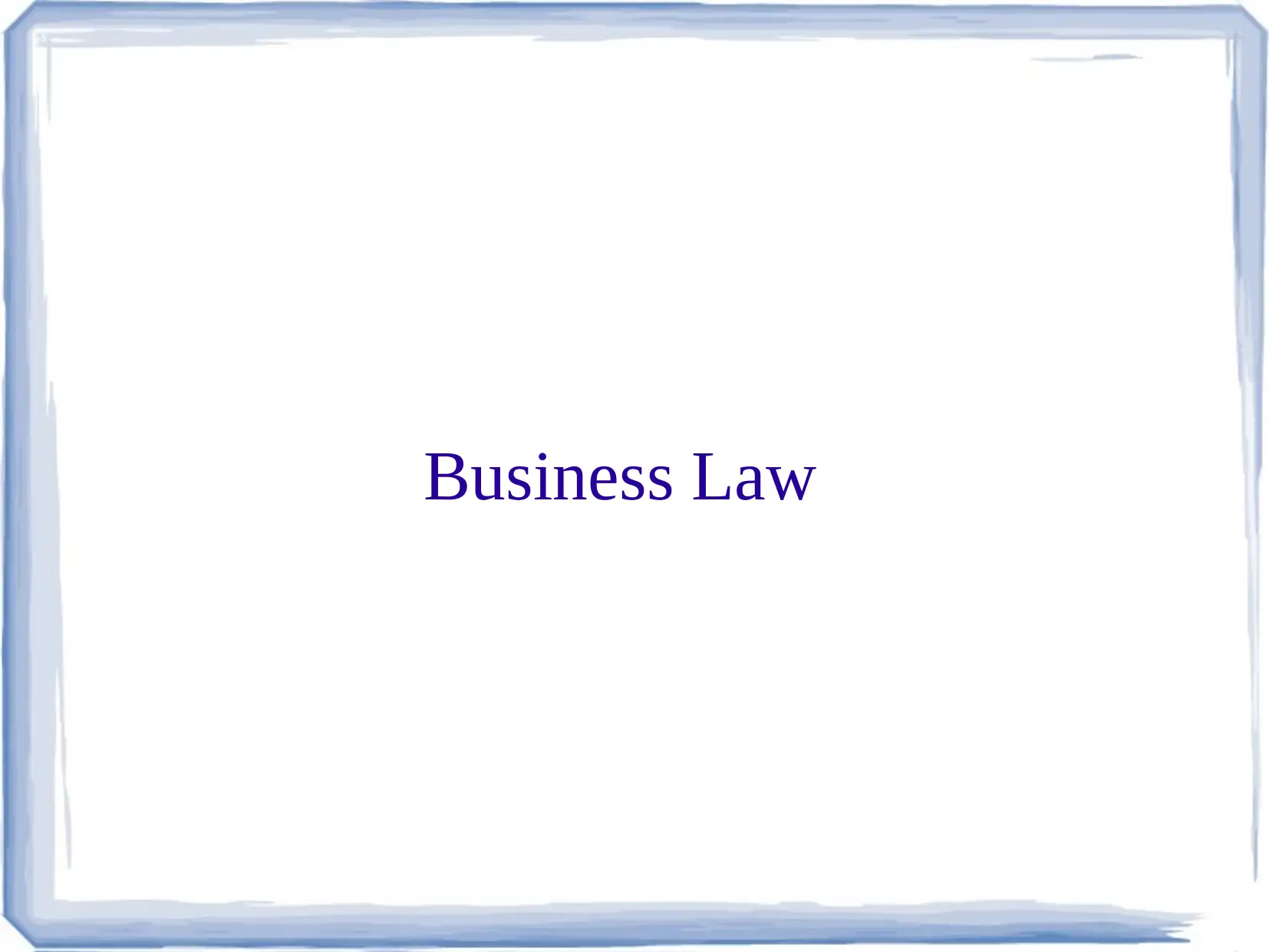
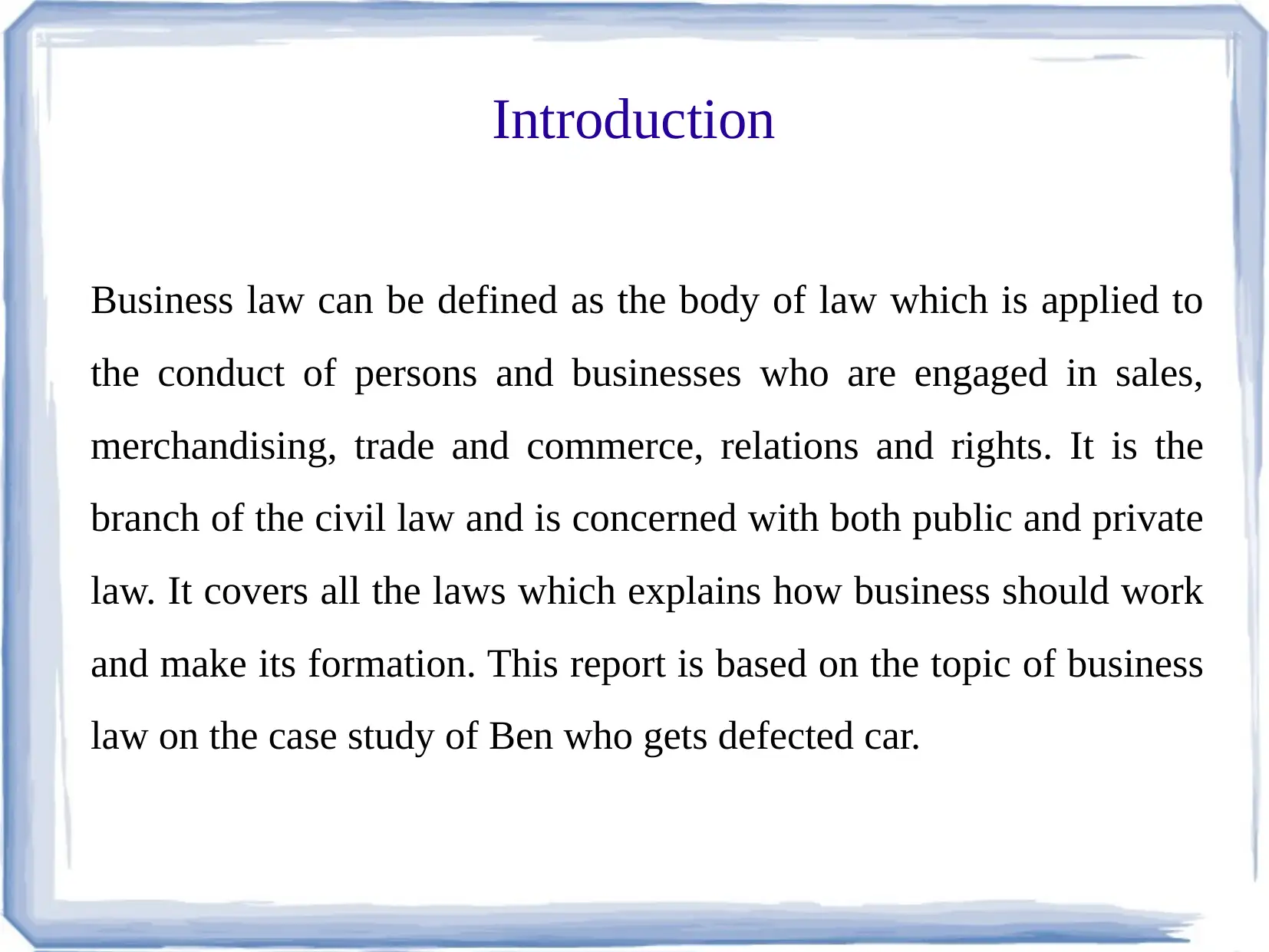
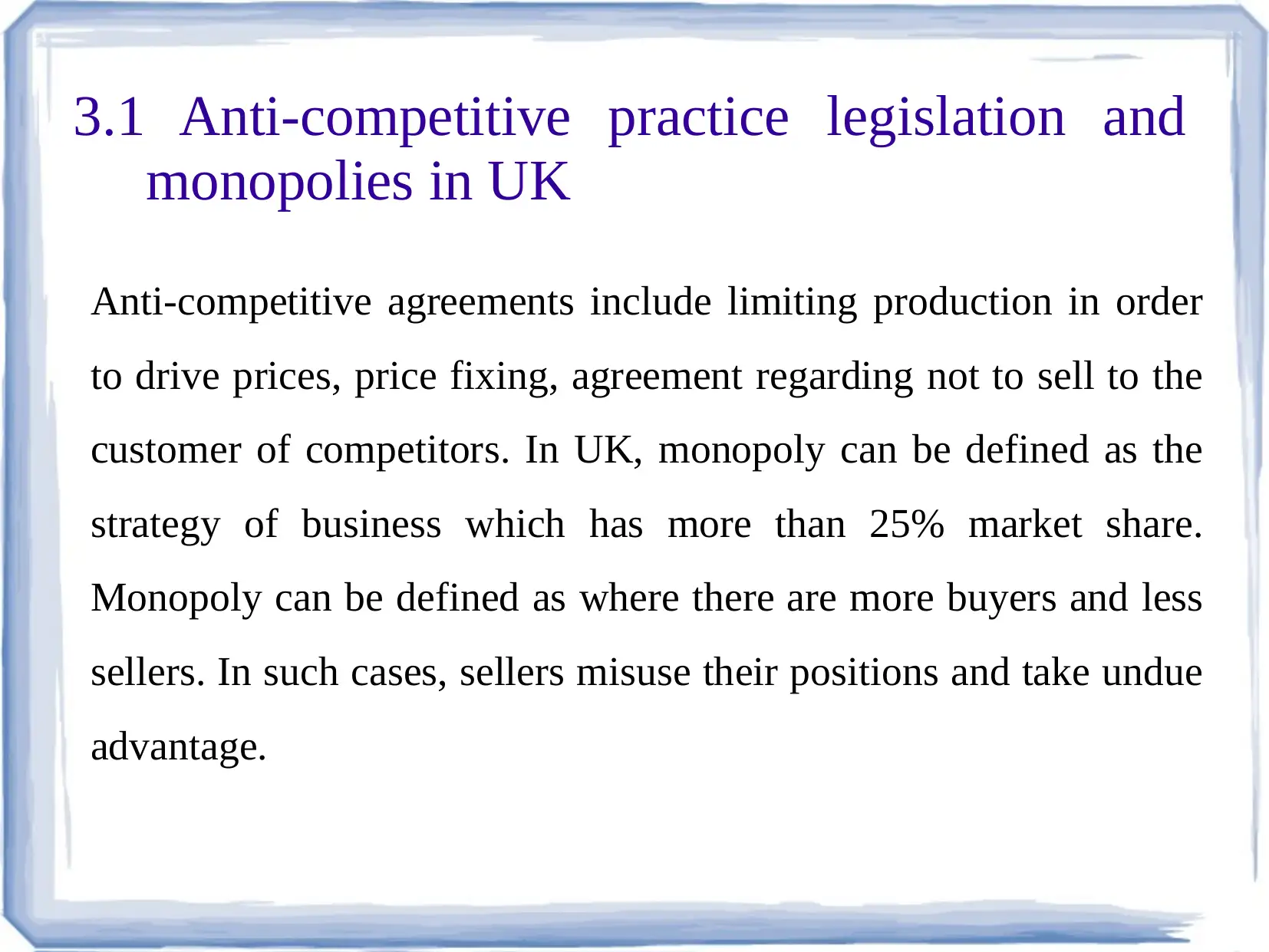

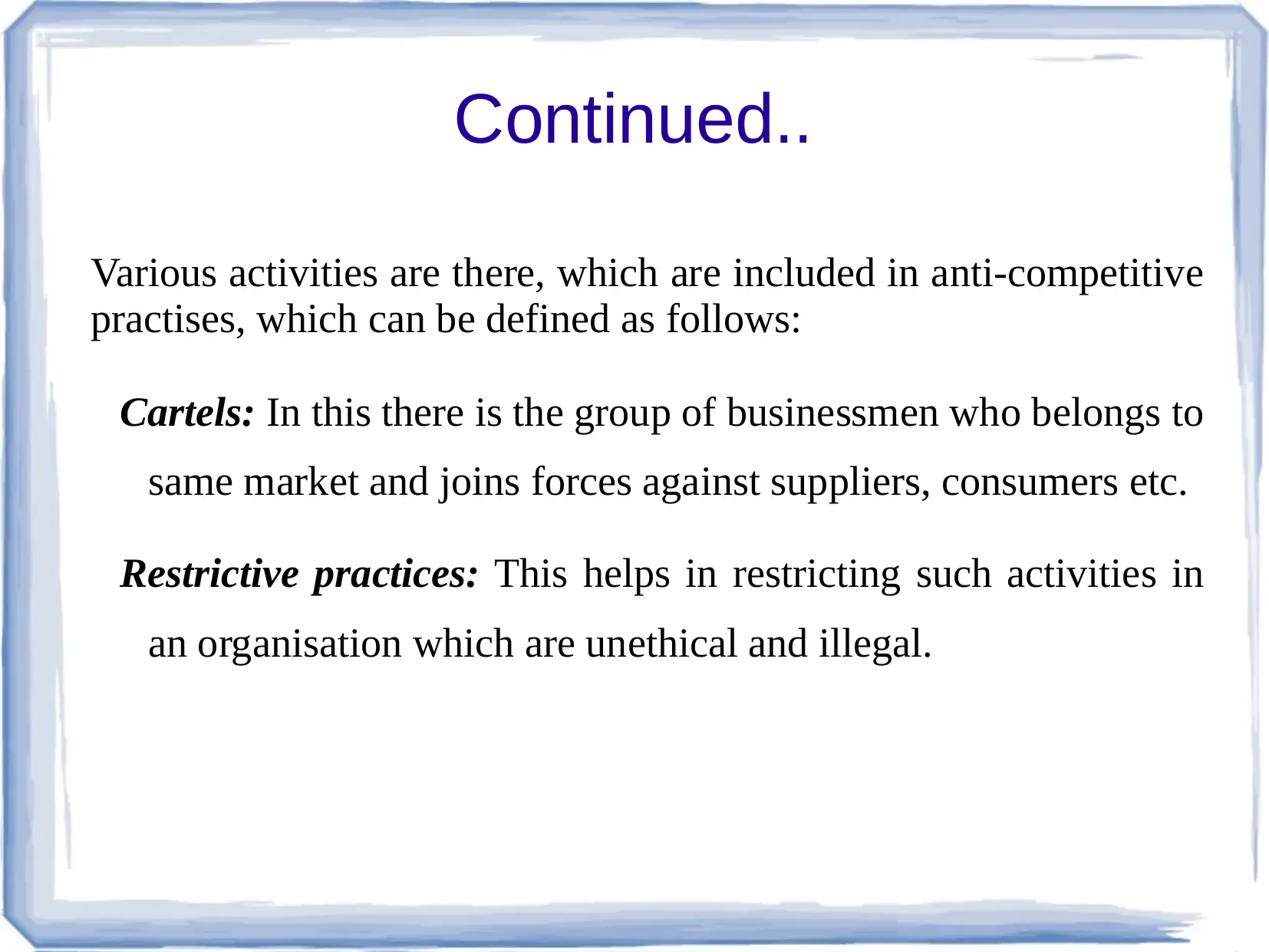
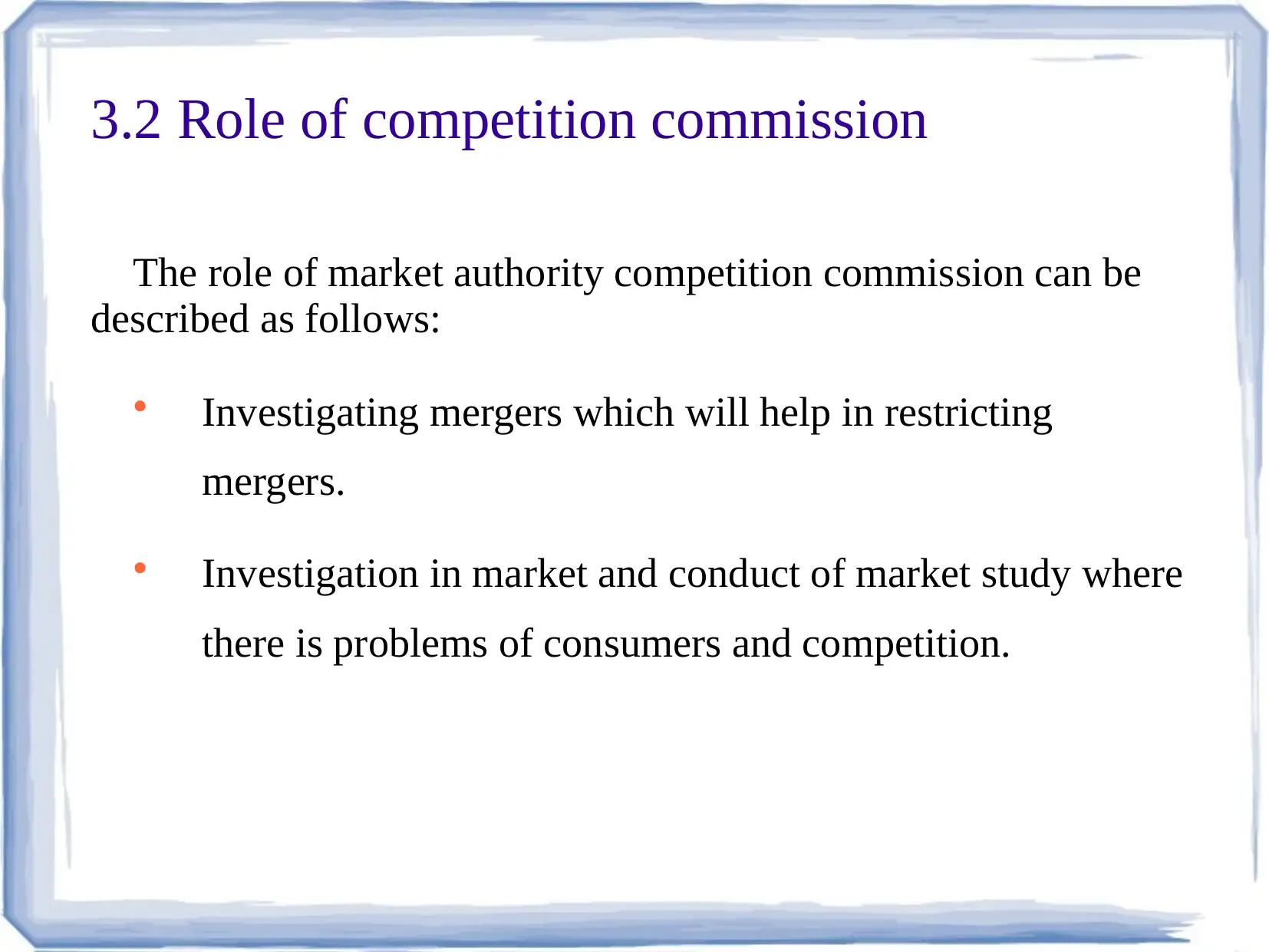
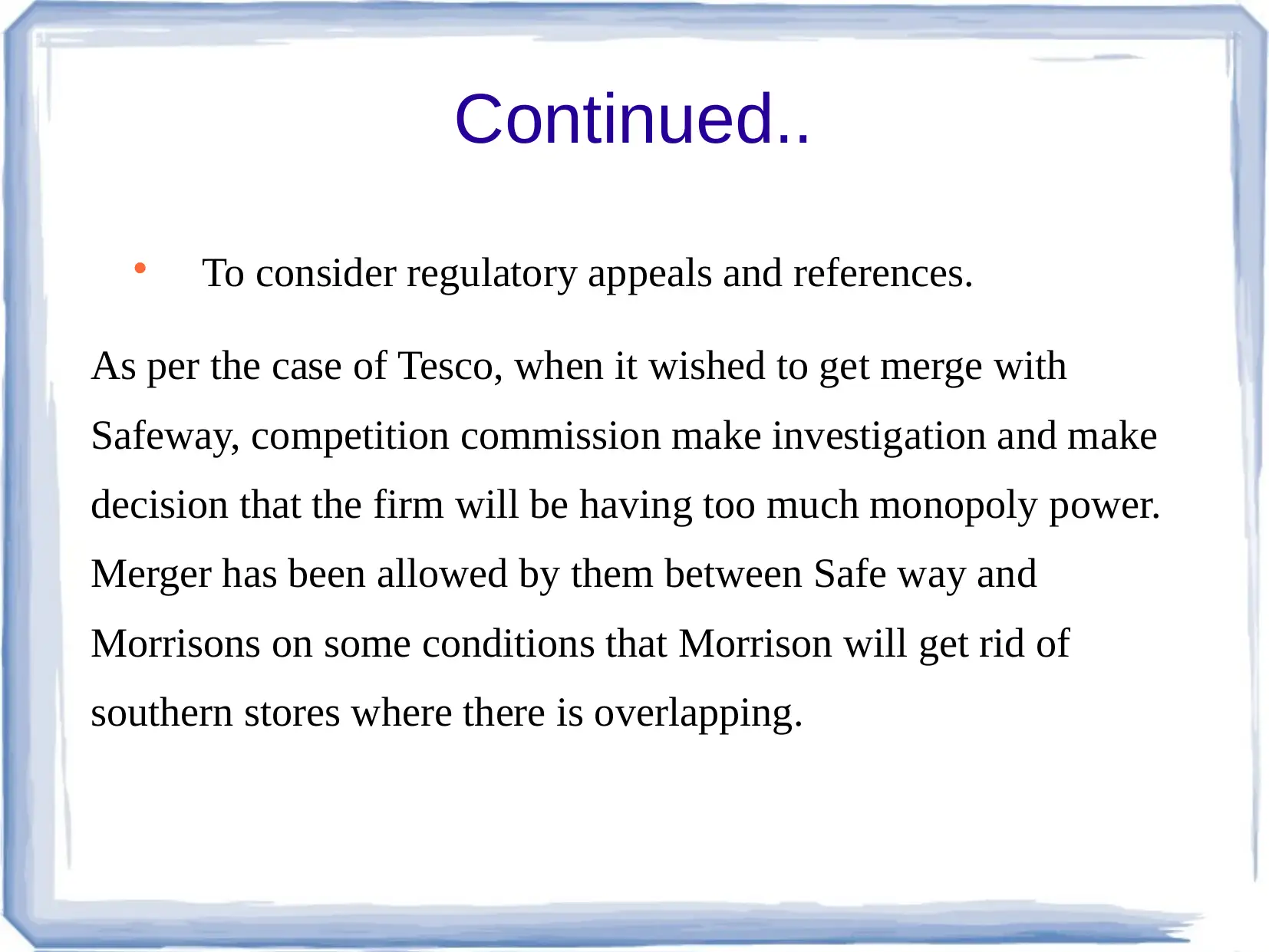
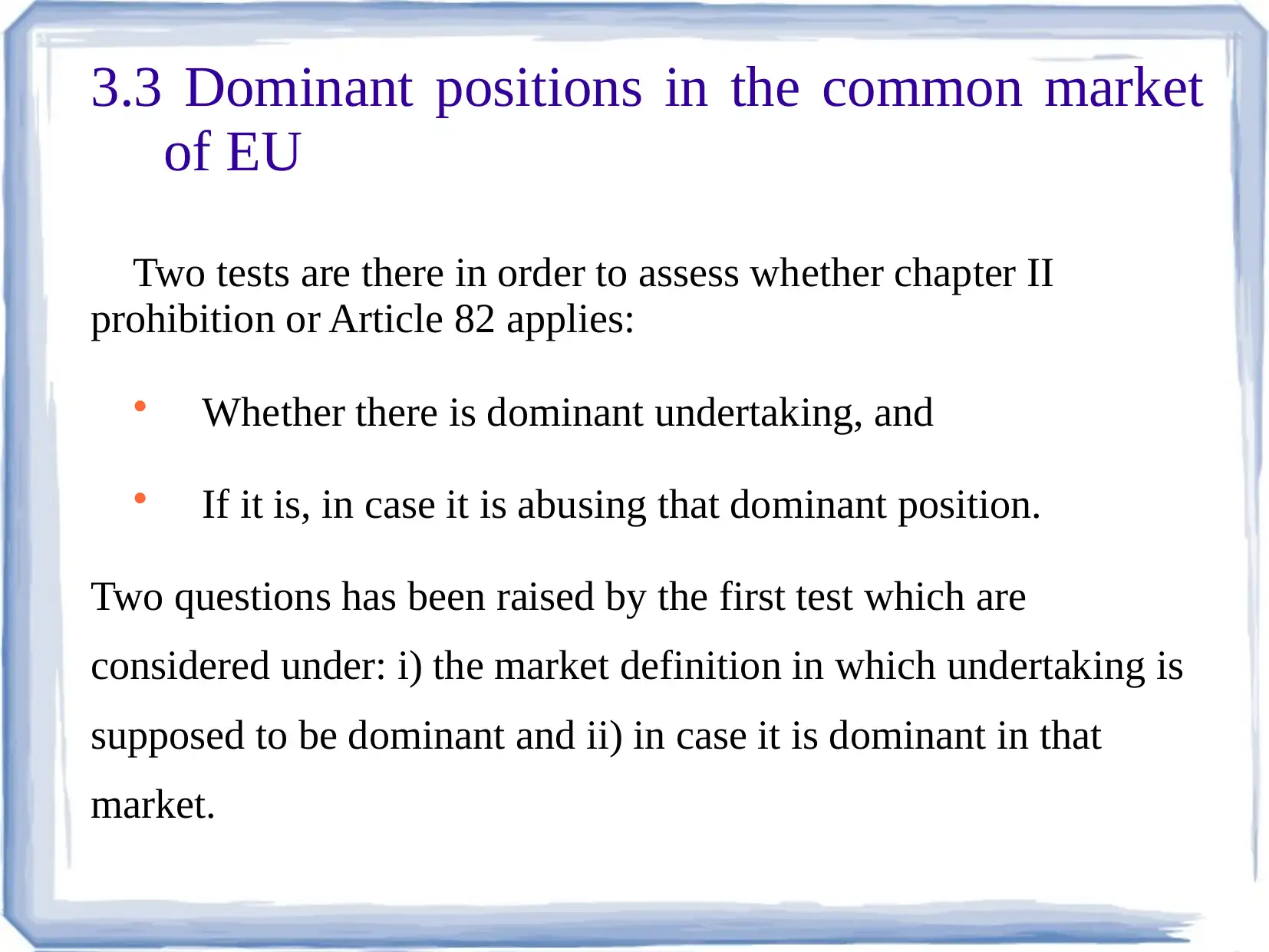
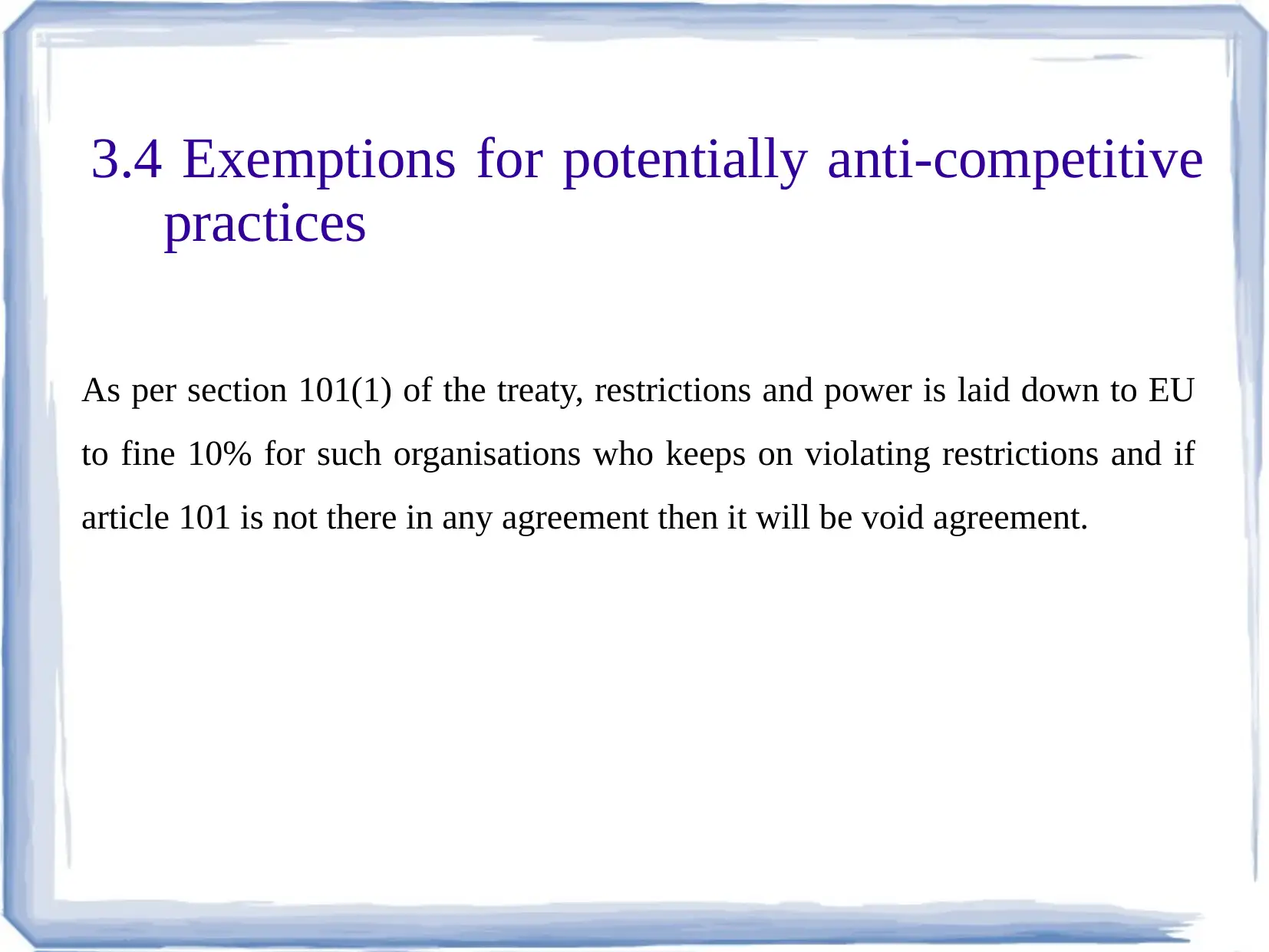
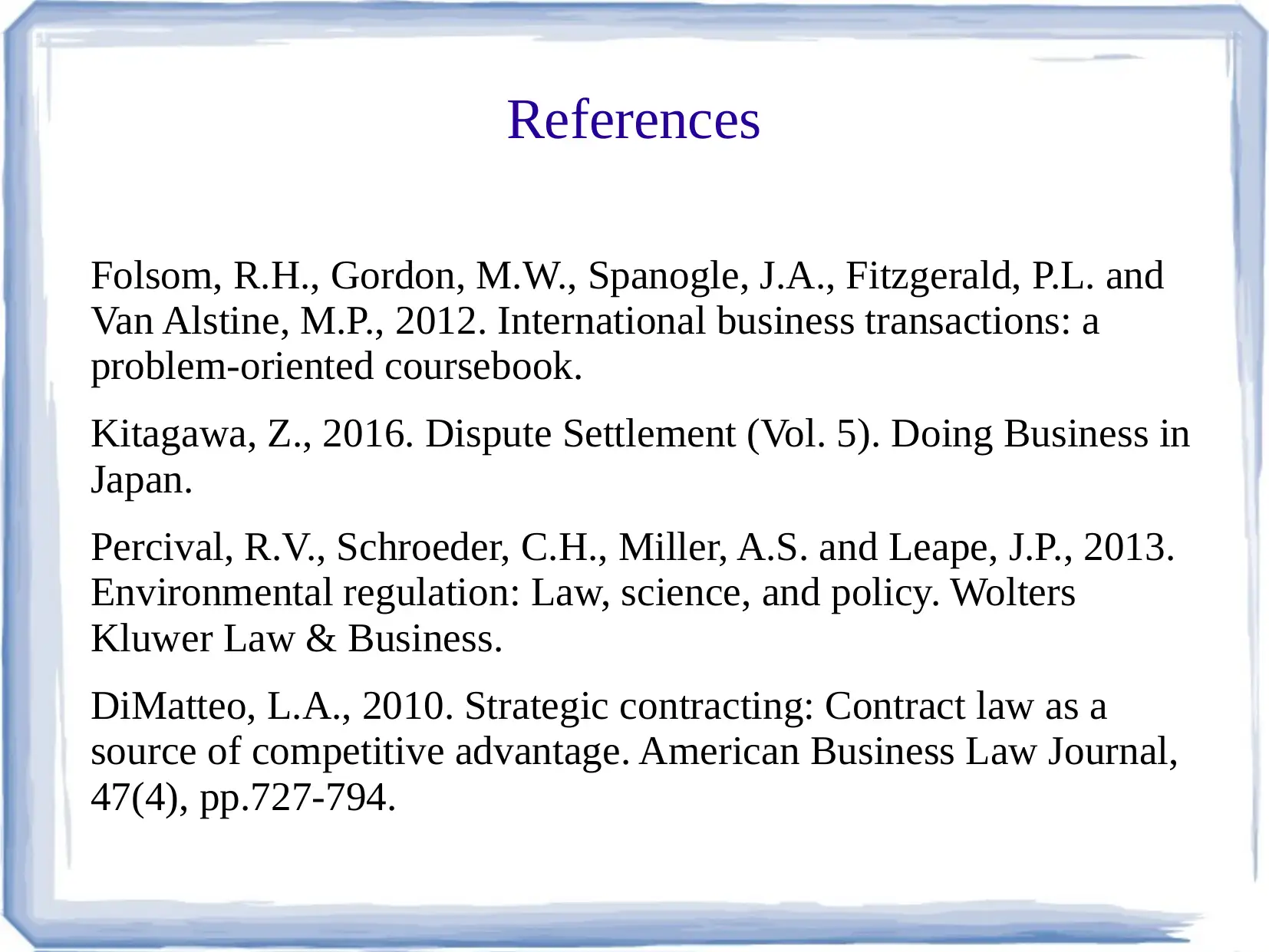







![[object Object]](/_next/static/media/star-bottom.7253800d.svg)